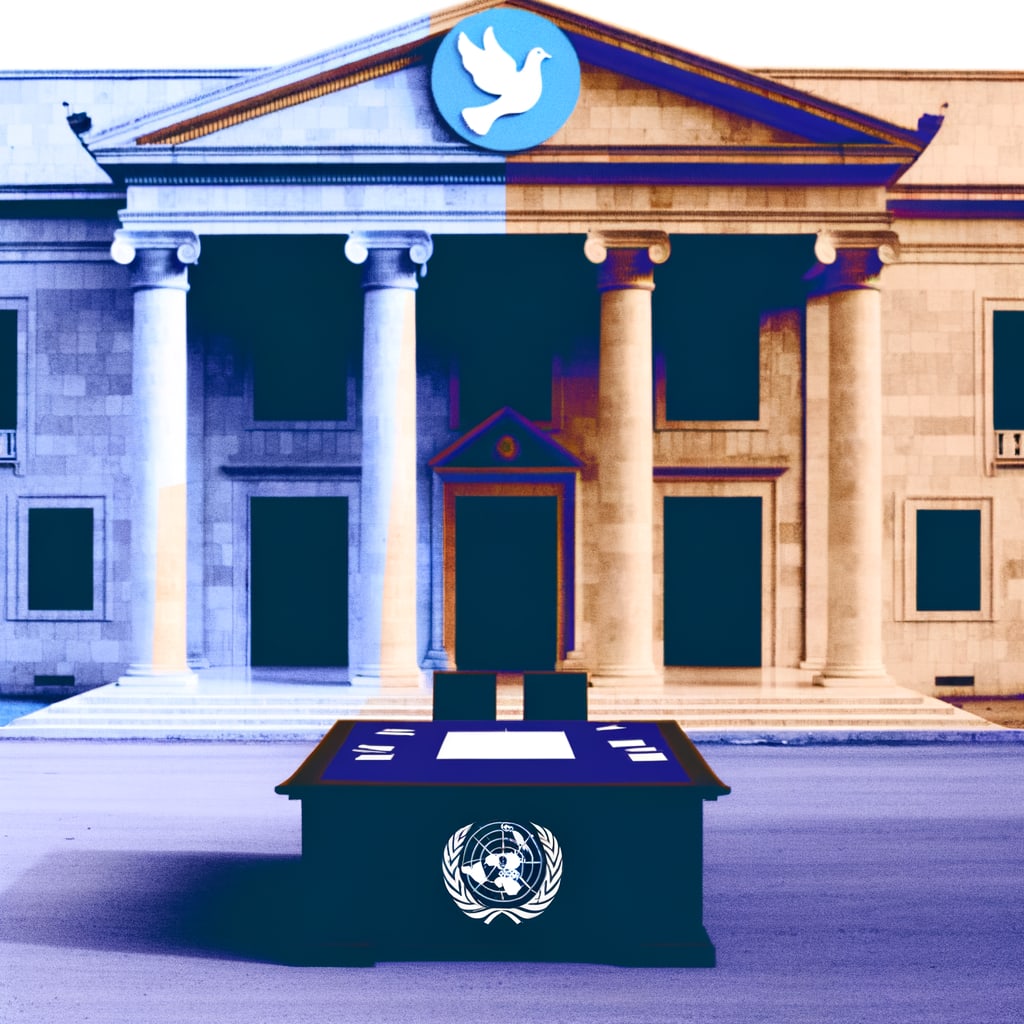Trump's Gaza Peace Deal: An Attempt at Resolution Amid Skepticism
In a significant development in the Middle East, US President Donald Trump has brokered a historic peace deal aimed at ending the ongoing war in Gaza. However, the agreement has been met with a mix of hope, skepticism, and criticism from different quarters. While some hail it as a stepping stone towards lasting peace, others have raised concerns about its potential efficacy and implications for the Palestinian state.
Background and Context
The peace agreement comes as a respite following two years of intense fighting in Gaza. Israeli opposition leader Yair Lapid lauded Trump's efforts, stating that the president has the power to bring about peace and has saved millions of lives. This sentiment was echoed by several others, including Ambassador Charles Kushner, who credited Trump with delivering peace and a hopeful future.
However, the deal has not been without its critics. Experts like Vladimir Fitin have pointed out that the creation of the Palestinian state is unrealistic at the current juncture. Further, Trump's refusal to commit to a two-state solution has raised questions about the future of the Palestinian people.
Key Developments
Trump’s brief visit to Israel included an address to the Knesset before he departed for Egypt to co-chair an international summit aimed at ending the war in Gaza. The US President has taken credit for the ceasefire agreement and has propagated the vision of a 'new Middle East', but has sidestepped addressing the rights of Palestinians.
Trump has declared that he intends to rebuild Gaza, but remains undecided on the proposal of a two-state solution. He stated that a decision on this matter would be made in coordination with regional and international partners. However, his comments also indicated that the decision could swing either way, stating that many people prefer either one-state or two-state solutions.
Implications and Reactions
The agreement has drawn mixed reactions from various stakeholders. Iran, for instance, views the ceasefire as a “strategic timeout,” a chance to rearm its proxies while Washington celebrates diplomacy. Palestinians, on the other hand, demand accountability for the industrial-scale killing
that has occurred during the two-year war.
Trump's role in the ceasefire was decisive, but as BBC News correspondent Bowen noted, peace does not emerge just because a president decides it. Despite the president's confidence, the Middle East Eye reported that neither Israel nor Hamas was present at the summit where the deal was signed off.
Conclusion
The current state of affairs presents a complex scenario. While the peace deal brings hope of stability, it also presents multiple challenges and unanswered questions. As Trump navigates these complexities, the world awaits to see if his gamble will indeed bring lasting peace to the Middle East or open a new chapter of unrest.

